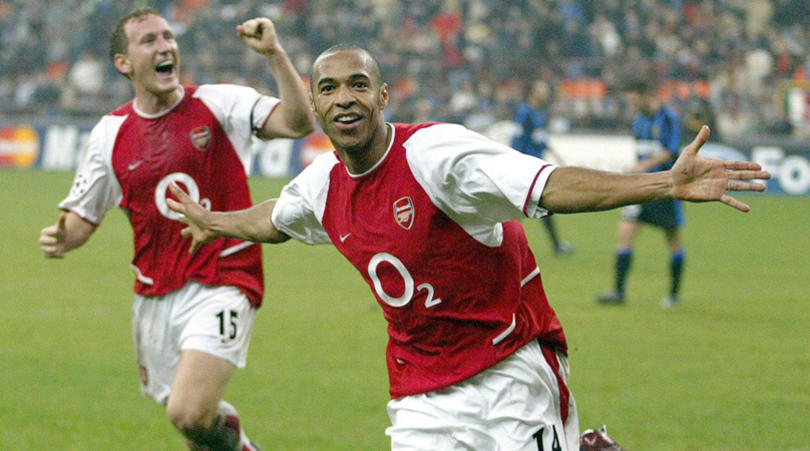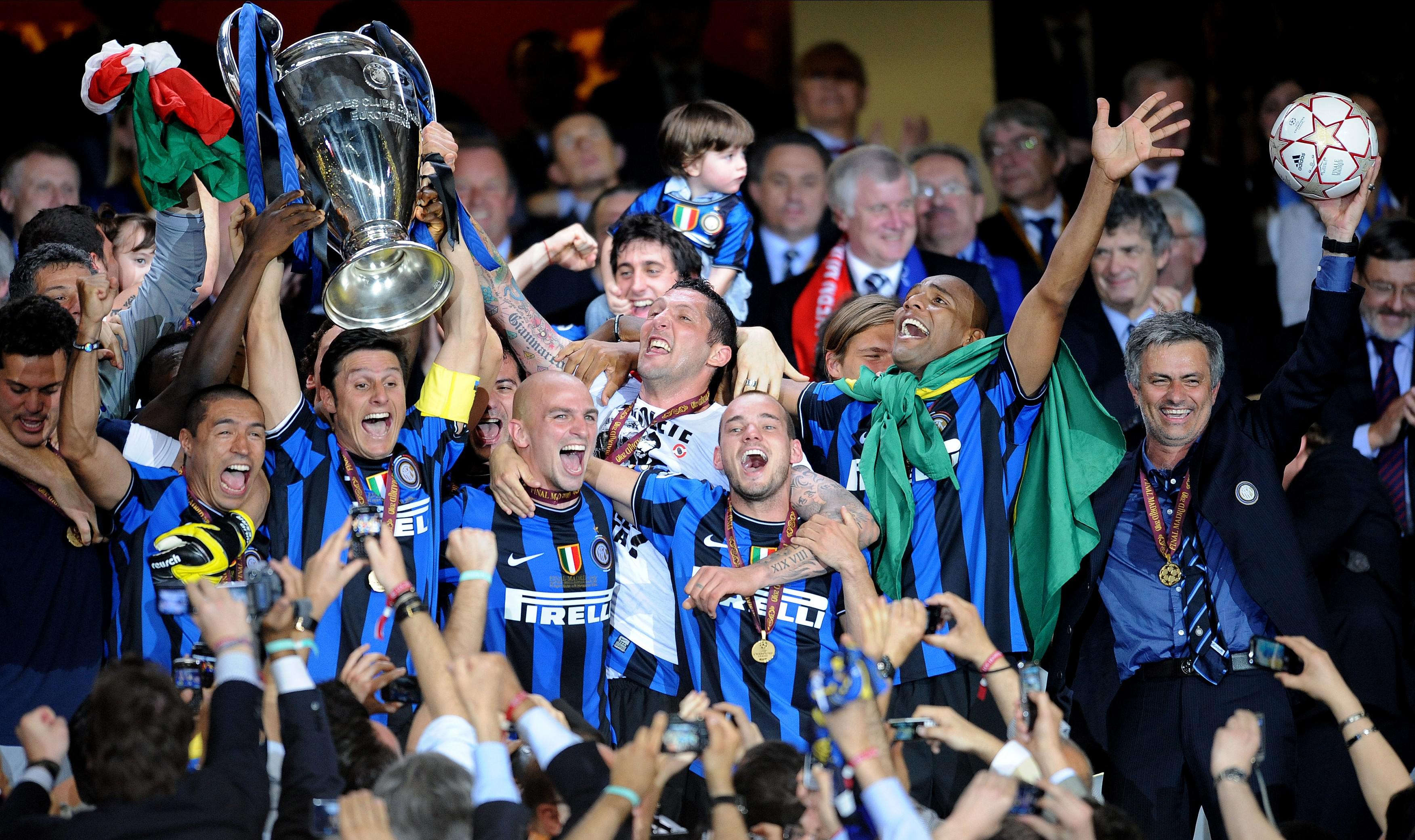Klopp's chaos theory lacks control: Why Liverpool won't win the Premier League
Liverpool's sumptuous attack once again saved its suspect defence at Selhurst Park on Saturday, prompting Greg Lea to wonder how often that can happen in a title charge...
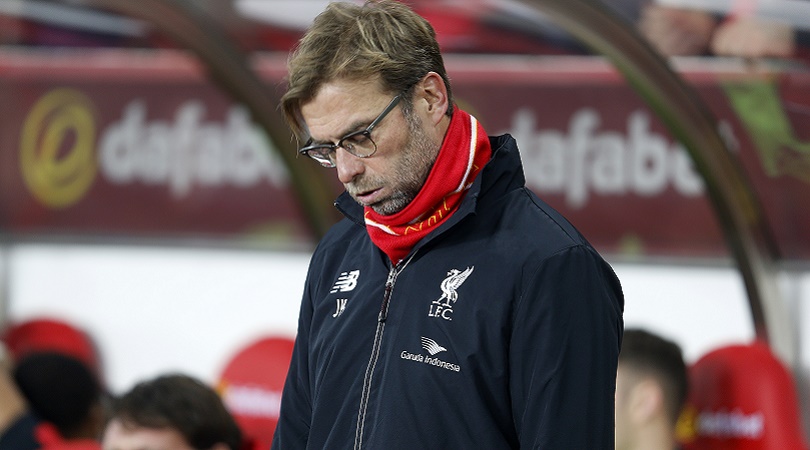
“If you can sort that defence out,” one journalist opined in Jurgen Klopp’s post-match press conference following his side’s topsy-turvy 4-2 triumph over Crystal Palace on Saturday evening, “then Liverpool really are title contenders.”
“We will,” came Klopp's response. “They can defend really well. It’s normal. I know after this game that everybody will talk about this but inside the football team I think it’s not pretty new for you.
“They are all human beings. We work on that, and I’m completely convinced about the quality. If they make mistakes and still stay in the game, it’s a very good test for them. I’m happy with the reaction.”
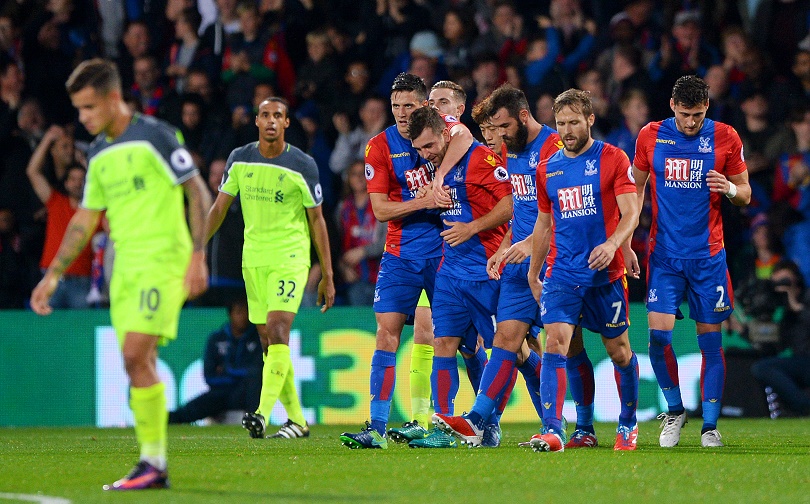
In private, Klopp’s answer may have been very different. Liverpool were once again in scintillating form going forward at Selhurst Park, but a combination of errors at the back and profligacy in front of goal almost allowed Palace an escape they barely deserved. After Dejan Lovren’s botched clearance and a handful of mishaps from several Liverpool players had allowed James McArthur to equalise twice, Klopp’s charges found themselves stretched at the start of the second half as they struggled to stem their opponents’ flow and hold onto a 3-2 lead.
Positive start
Their fluid, fast-paced and incisive attacking play has been sensational at times, with few sides in Europe likely to be able to cope with them when they’re in full flow
Palace, in truth, didn’t play particularly well and were guilty of giving the ball away far too easily in advanced areas, but Liverpool still contrived to find themselves under pressure in a key period of a game which they had dominated from the very whistle. Roberto Firmino’s dinked finish in the 71st minute ultimately settled proceedings in their favour, but on another day the visitors could easily have dropped two points and been left to rue letting the match slip from their gasp.
Liverpool have had a magnificent start to the campaign, particularly considering the relative difficulty of a fixture list including trips to the Emirates Stadium, White Hart Lane and Stamford Bridge, as well as home clashes with Manchester United and champions Leicester.
Get FourFourTwo Newsletter
The best features, fun and footballing quizzes, straight to your inbox every week.
Sadio Mane scores in Liverpool's defeat of Arsenal
Their fluid, fast-paced and incisive attacking play has been sensational at times, with few sides in Europe likely to be able to cope with them when they’re in full flow. The Reds have blitzed a number of teams so far this term, including Hull, Leicester and, in a tremendous 20-minute spell after the interval on the opening weekend, Arsenal, and will be delighted to be level on points with table-toppers Manchester City as the season enters its second quarter.
Mayhem at both ends
Rather than shutting a game down and tightening up when they’re in the lead, they continue to play an open and expansive brand of football in the knowledge that they’ll probably outscore their adversaries
Defensive shakiness hasn’t yet cost Liverpool in terms of results, then, but it’s hard to escape the feeling that it could ultimately undermine their bid for the title; while an element of chaos has helped them to blow opponents away in the final third, there’s a chance that the same force will prove costly at the other end of the pitch.
The interesting question, to which we may never find out the answer, is to what extent Klopp is aware of that fact and whether he has deliberately set up his side in this way as a means to counter the issue. When a team is perceived to have problems in defence, the traditional solution is to offer greater protection in midfield, position the backline closer to its own goal and ensure there are never too many bodies thrown forward in attack. Control is often sought in the centre of the park, particularly when protecting a narrow lead, and verticality tends to give way to safer horizontal passing to ensure possession isn’t given up unnecessarily.
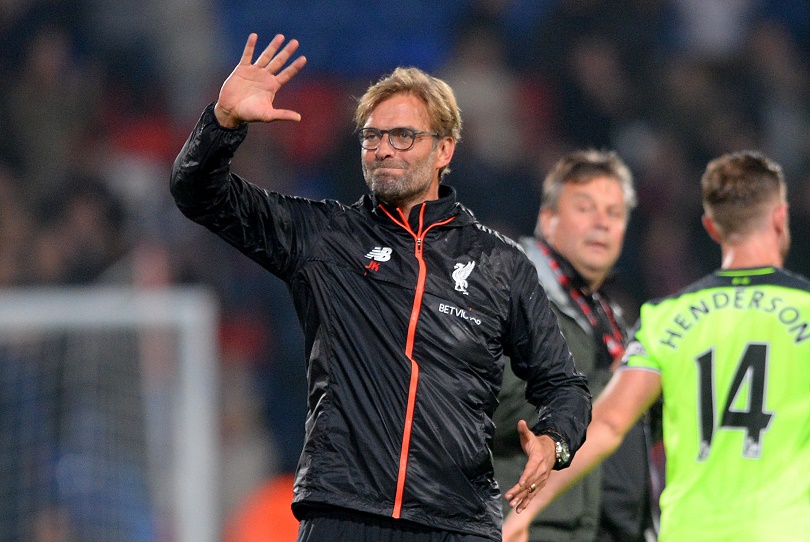
Liverpool, though, have taken the opposite approach: rather than shutting a game down and tightening up when they’re ahead, they continue to play an open and expansive brand of football in the knowledge that they’ll probably outscore their adversaries even if one or two goals are given up cheaply.
Their ferocious pressing high up the pitch can keep opponents away from the danger zone, but Liverpool’s collective hassling and harrying without the ball is often followed by an attempt to go straight for the throat once it’s been won back, which can result in constant turnovers as well as clear-cut scoring chances. It is, indeed, the success of their gegenpressing that best explains an average possession figure of 56% (second only to Manchester City in the Premier League) this season, rather than a desire to retain the ball with ‘safe’ lateral passing in midfield.
Doing things differently
Perceived wisdom would suggest that the championship crown will be beyond Liverpool if they continue to employ such an approach; after all, it's said that while attacks win matches, defences win trophies, and clean sheets are widely seen as the most valuable commodity for any title-chasing outfit.
Interestingly, though, that maxim isn’t actually borne out by the statistics: in the last 10 seasons, the team with the highest number of goals scored has won the league on seven occasions, while the side with the fewest conceded has only triumphed four times.
Perhaps, then, Liverpool’s prioritisation of attack over defence won’t necessarily prove to be the inhibitor of their title chances that many have predicted. It’s difficult for any manager to legislate for such basic defensive errors as Lovren’s terrible clearance on Saturday or Lucas Leiva’s pinpoint assist for Jamie Vardy against Leicester, but it’s intriguing that Klopp’s response to his side’s biggest weakness is to simply maximise their leading strength.
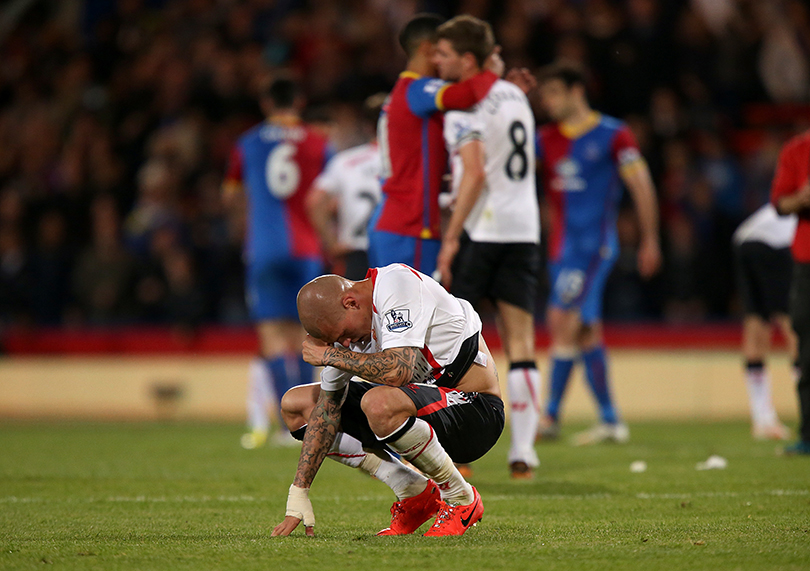
A warning from history
Liverpool have been here before, though. In 2013/14 Brendan Rodgers' attacking trio of Luis Suarez, Daniel Sturridge and Raheem Sterling helped the Reds to 101 league goals, but the side also conceded 50 – far more than champions Manchester City's 37, and more than six other top-flight sides that season. Among those with tighter defences were Palace, whose comeback from 3-0 down to draw against Liverpool in the season's penultimate game all but ended the Reds' title hopes.
This season is shaping up similarly. City are top with Liverpool in hot pursuit, but after 10 games the Reds have conceded 13 goals – more than eight Premier League rivals. Conceding 1.3 goals per game, they're on course to ship 49.3 over the season; no top-flight title-winner has conceded that many since Ipswich in 1961/62, while the average for the title-winners in the 21 years of a 20-team Premier League is 32.2.
There will probably be matches this season where a lack of control will cost Klopp's side, but for now the German seems content enough to continue encouraging the sort of chaos that regularly produces the superb attacking football witnessed at Selhurst Park as a means to overcoming the Reds’ Achilles heel.
Whether that’s enough to win the club their first top-tier title since 1990 remains to be seen – but it seems certain that Liverpool’s attempts to do so will be thoroughly worth watching.
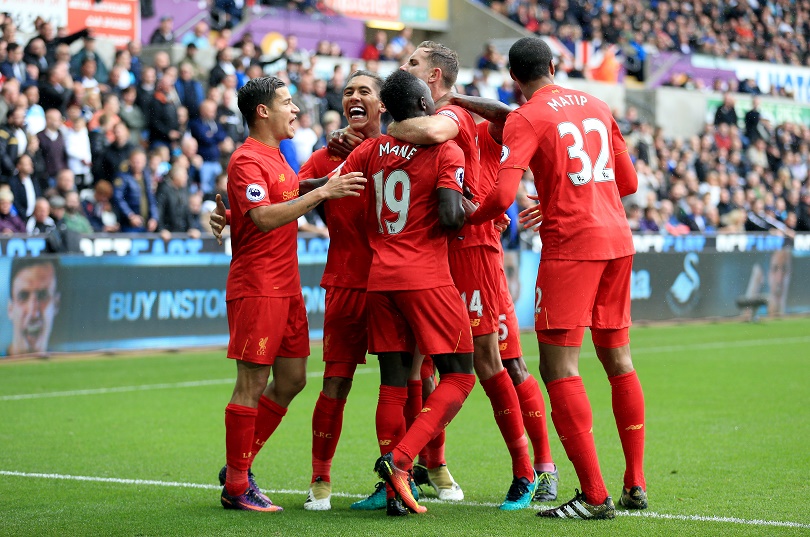
Greg Lea is a freelance football journalist who's filled in wherever FourFourTwo needs him since 2014. He became a Crystal Palace fan after watching a 1-0 loss to Port Vale in 1998, and once got on the scoresheet in a primary school game against Wilfried Zaha's Whitehorse Manor (an own goal in an 8-0 defeat).
